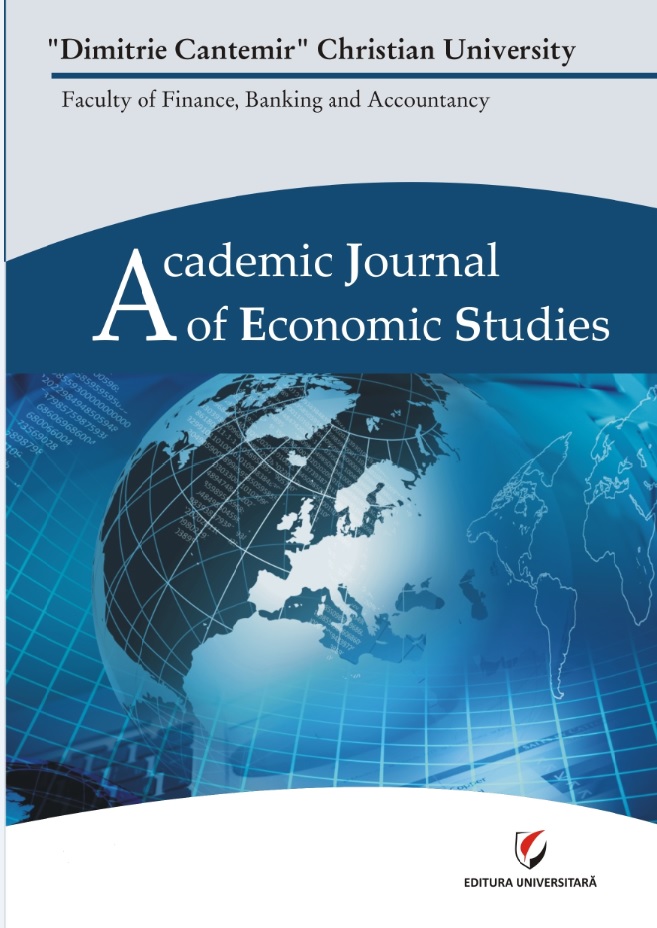Impact of Capital Health Expenditure on Infant-Maternal Mortality in Nigeria
Impact of Capital Health Expenditure on Infant-Maternal Mortality in Nigeria
Author(s): Ogbuagu Matthew Ikechukwu, Olunkwa Ndubuisi Chidi, Ogbuagu Chukwunonso ValentineSubject(s): Micro-Economics, Public Finances, Socio-Economic Research
Published by: Editura Universitară & ADI Publication
Keywords: Infant-Maternal Mortality Ratio; Capital Health Expenditure; Autoregressive Distributed Lagged Model (ARDL); Nigeria;
Summary/Abstract: Government capital spending on healthcare and infant-maternal mortality are important indices to measure development. This study seeks to examine the relationship between capital health expenditure and infant-maternal mortality ratio (IMMR) by adopting the Grossman (1972) theoretical framework. It relied on the Autoregressive Distributed Lag (ARDL) technique using WDI data from 1980 to 2017. The impact of capital health expenditure (CHE) on IMMR is mixed in the short and long run. Also, the error correction model shows that it will take 23 years to reduce IMMR to its minimum. Thus, the study recommends that public-private-partnership targeted at increasing capital health spending would reduce the IMMR in tandem with the sustainable development goals.
Journal: Academic Journal of Economic Studies
- Issue Year: 6/2020
- Issue No: 1
- Page Range: 85-92
- Page Count: 8
- Language: English

